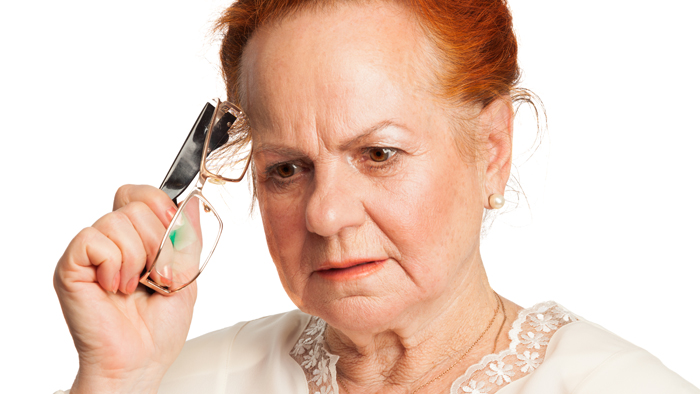
Can’t remember where you put your keys. sunglasses, or phone? Forgetting what you came into the room for? Avoiding an introduction because you can’t recall the name of a friend standing right in front of you?
These scenarios happen to us frequently, almost daily for some elders. These are all symptoms of memory loss due to aging. And, if you’re like me, every time one of these events happens, you question out loud: “Uh, oh. Is this the beginning of dementia or Alzheimer’s? Am I starting to really lose it?”
As we age, our memory deteriorates unpredictably. Some in their 40’s begin to routinely experience forgetfulness. Others, however, can go well into their 90’s remaining sharp as a tack in terms of their cognitive abilities. Memory is an important process that allows people to encode, store, and retrieve information, including where we put something. I particularly love putting something away for ‘safekeeping’ only to be unable to recall where it was stored when I need to retrieve it.
Memory loss can be scary even in its most benign forms.
The Good News is that age-related memory loss (ARML) doesn’t always signal Alzheimer’s or any form of dementia.
Memory loss is part of aging, along with achy joints, reduced balance, and having to pee more often during the night. Forgetting words, names, SSI numbers or the usual travel route to wherever can indicate the beginning of some form of dementia but not necessarily.
ARML can start off slowly like taking longer to accomplish routine tasks or like forgetting to pay a bill. Again, these don’t automatically point to dementia. If we’re forgetting how to drive or use a phone or if we keep getting lost in places we know well, it might be time to get tested. I generally look online to see if something I’m doing is considered suspect or not. I know, it’s not a great practice to evaluate symptoms via the internet, but I admit to it. If I don’t get a definitive answer or need more info, I schedule time with my doctor.
It never hurts to use a variety of techniques to help us keep our memory and mental skills (and bodies) healthy. Some tips include:
~keeping your keys, phone, and glasses in the same place every day
~staying involved in activities that keep our minds (again, and bodies) stimulated and continuing learning
~staying connected to family and friends to avoid long periods alone that might lead to depression and loneliness
~and the obvious of not overdoing alcohol and rich food or underdoing exercise, sleep, and routine health monitoring including blood pressure checks
Because the onset of memory loss isn’t black or white, it’s best to read up on it or talk to friends about their experiences. Being informed is always the way to handle memory loss or any age-related issue.


Thanks for the tips to help with keeping tract of things. Routine seems to help and repeating peoples’ names.
Great suggestions, Jean. Thanks!